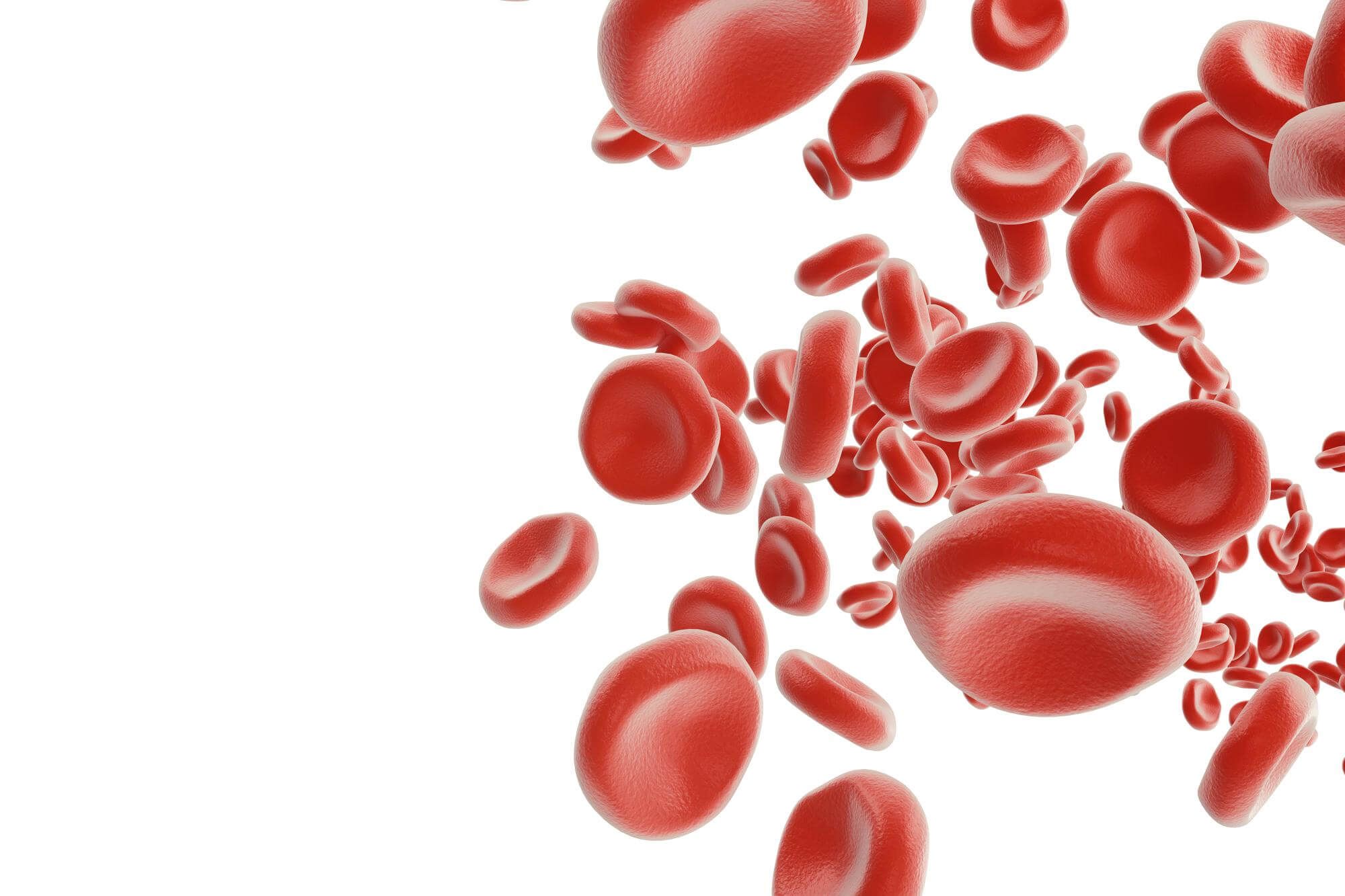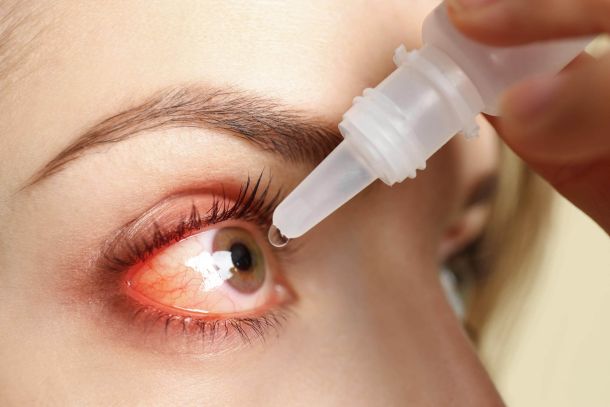Blood count is an important indicator of allergic reactions


Irina Makarova
What is sedimentation rate?
SLE (sedimentation rate of red blood cells) is a non-specific laboratory indicator that reflects the degree of inflammation in the body. An elevated sedimentation rate can be associated with a variety of diseases, including allergies.
Symptoms of elevated sedimentation rate
Symptoms of elevated sedimentation rate can be varied, as this indicator in itself is not the cause of the disease, but only an indication of the presence of an inflammatory process in the body. Symptoms may include fatigue, weakness, elevated body temperature, loss of appetite, and joint pain.
Causes of elevated sed rate
Causes of elevated sedimentation rate may include infectious diseases, autoimmune processes, malignancies, injuries, and allergic reactions.
How the sedimentation rate analysis is performed
Blood count analysis is performed on venous or capillary blood. In the analysis, blood is placed in a thin glass tube and the height of the layer of settled red blood cells is measured after a certain time.
Does allergy affect the CRP level

Allergies can affect the level of red blood cell count, since allergic reactions can also cause inflammation in the body. Depending on the severity and nature of the allergy, the increase in the COE may be mild or severe.
What types of allergies can increase the COE
Increased sedimentation may occur in a variety of allergies, including allergic rhinitis, asthma, atopic dermatitis, food allergies and drug allergies.
SEE in drug allergic reactions
During a drug allergic reaction the CRP may also be elevated. This is especially true for serious allergic reactions such as angioedema, anaphylactic shock and Stevens-Johnson syndrome.
How to lower the COE in allergies
Diet can play an important role in controlling the CRP level in allergies. It is recommended to avoid foods that cause allergic reactions and to eat more vegetables, fruits, whole grains, and healthy sources of protein.
Treatment of allergies and CRP

Treating allergies can help lower your COE. Depending on the cause of the allergy, antihistamines (such as loratadine, cetirizine), glucocorticoids (prednisolone, hydrocortisone) or mastocytoprotectors (ketotifen) may be prescribed. It is important to follow your doctor's recommendations and take the medicine as directed.
Vitamins and supplements to lower CRP
Vitamins and supplements may help to keep you healthy and reduce the CRP in allergies. B vitamins, vitamin C, vitamin E, omega-3 fatty acids, and probiotics are recommended.
Normal levels of COE
Normal levels of COE depend on the age and gender of the patient. For children and young women, COEs up to 10-15 mm/h are considered normal, for men, up to 10 mm/h, and for older women, up to 20 mm/h.
When the sedimentation rate may be a sign of a serious disease
Plateau index may be a sign of a serious illness if its level is much higher than normal and is accompanied by other symptoms, such as fever, severe pain, rapid weight loss and deterioration in general condition. In such a case, it is important to consult a doctor for additional examinations and determine the cause of the elevated sedimentation rate.
Additional investigations for elevated sedimentation rate
With increased sedimentation rate, the doctor may prescribe additional studies to determine the cause of the inflammatory process. This may include a general blood count, biochemical blood tests, immunological tests, radiography, ultrasound, MRI and other diagnostic methods, depending on the symptoms and the suspected cause of increased sedimentation rate.
In conclusion, the COE in allergies may be elevated due to inflammatory processes caused by allergic reactions. It is possible to reduce the COE level with diet, allergy treatment, and the use of vitamins and supplements. If elevated sedimentation rate is detected, a physician should be consulted to determine the cause and prescribe appropriate treatment. If a child or adult has elevated COE in allergies, it is important to see a specialist in time and undergo a complete examination to determine the most effective treatment.
New materials
Popular Articles
We recommend reading
Contact us in the Contact Us section to ask questions, offer ideas, or for more information about our allergy resource.
Our articles are your trusted source of allergy knowledge. Learn how to make life with allergic reactions easier on our specialized portal.
©
Lechenie-Allergii.com. All rights reserved.
© Lechenie-Allergii.com. All rights reserved.
The information on this site is for informational purposes only and is not a substitute for professional medical advice. We recommend consulting with qualified medical professionals for accurate information and advice.
 English
English  Українська
Українська  Русский
Русский 









